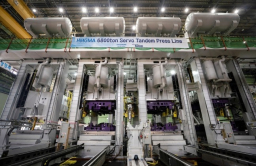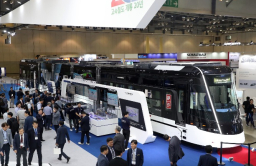-
KOSPI 2577.27 -2.21 -0.09%
-
KOSDAQ 722.52 -7.07 -0.97%
-
KOSPI200 341.49 +0.02 +0.01%
-
USD/KRW 1396 -2.00 0.14%
Hyundai unveils world’s first commercial LTE train signaling system
Machinery
Hyundai unveils world’s first commercial LTE train signaling system
Hyundai Rotem will expand its self-developed KTCS-2 throughout South Korea with plans to export it
By
Oct 30, 2023 (Gmt+09:00)
1
Min read
News+
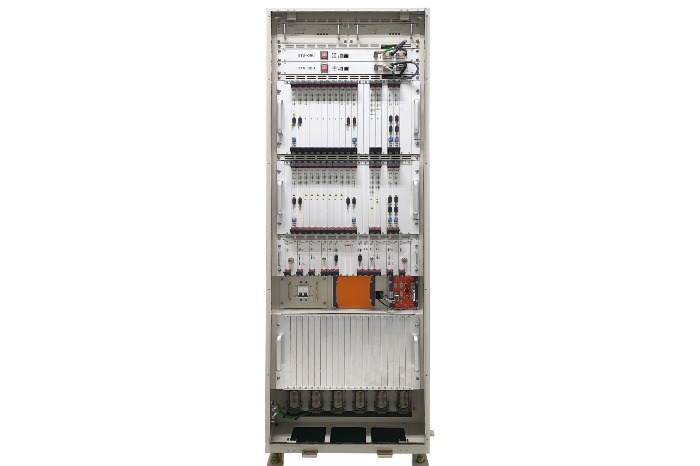
Hyundai Rotem Co., a South Korean manufacturer of rolling stock, defense products and plant equipment, in a world first has commercialized a train signaling system based on fourth-generation wireless communications (LTE).
The company on Monday said its Korean Train Control System (KTCS-2) began commercial operation on the 180-kilometer section of the Jeolla Line between the major national rail junction of Iksan, North Jeolla Province, and Yeosu Expo Station in Yeosu, South Jeolla Province.
KTCS-2, a real-time train signaling system using the wireless rail communications network LTE-R, checks operating data in real time such as a train’s location and speed and adjusts intervals between trains.
In 2012, Hyundai Rotem joined the Ministry of Land, Infrastructure and Transport's R&D project for standardization of such systems and localized KTCS-2 in 2018. The ministry selected the Jeolla Line as a pilot route and began the verification process for KTCS-2 from December 2020.
Use of KTCS-2 will raise the number of train intervals up to 23% and transportation capacity 20%. Evaluations based on the global criteria of European rail found that the system’s safety jumped a whopping 581% from that of a conventional model.
KTCS-2 is expected to lead to the standardization of the country’s railway signaling systems.
Such systems used in bullet-train and metropolitan rail in the country suffer from compatibility problems because each route uses a different system from an overseas company. Through unification under KTCS-2, however, trains nationwide can travel any route regardless of signaling system restrictions.
Based on KTCS-2’s operating results, Hyundai Rotem plans to expand its use nationwide and export it to regions like Europe.
Write to Hyung-Kyu Kim at khk@hankyung.com
More To Read
-
Aug 24, 2023 (Gmt+09:00)
-
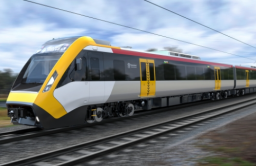 Business & PoliticsHyundai Rotem wins $917 mn Australian electric train project
Business & PoliticsHyundai Rotem wins $917 mn Australian electric train projectJun 30, 2023 (Gmt+09:00)
-
Jun 14, 2023 (Gmt+09:00)
-
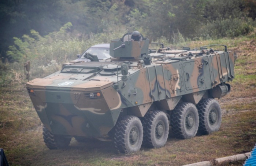 Aerospace & DefenseHyundai Rotem closes in on $190 million armored vehicle deal with Peru
Aerospace & DefenseHyundai Rotem closes in on $190 million armored vehicle deal with PeruApr 03, 2023 (Gmt+09:00)
-
Mar 16, 2023 (Gmt+09:00)


